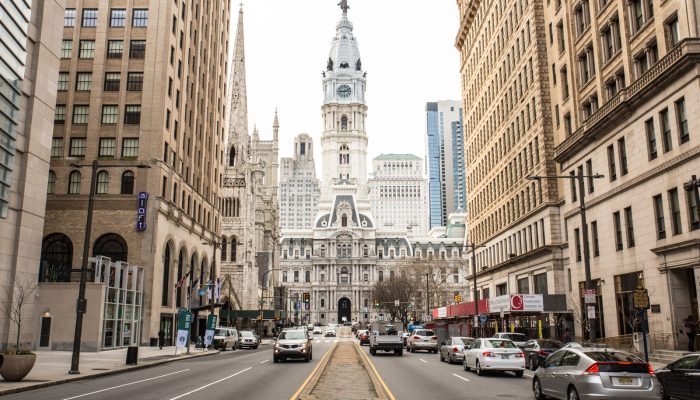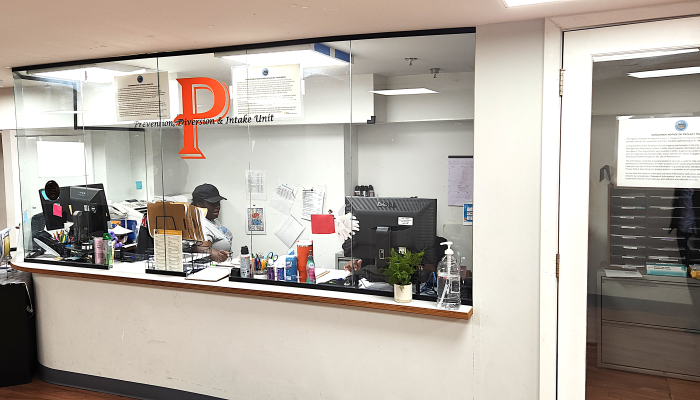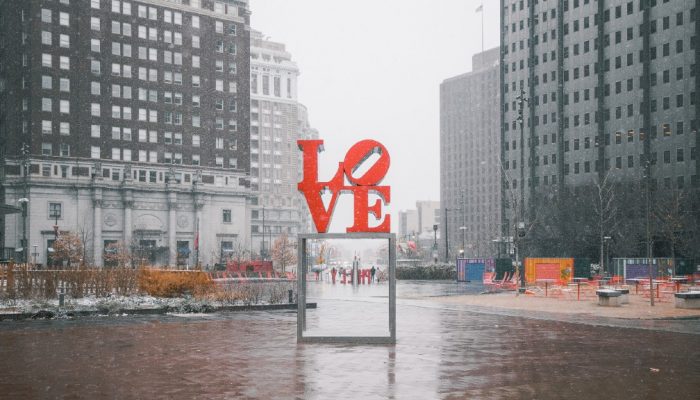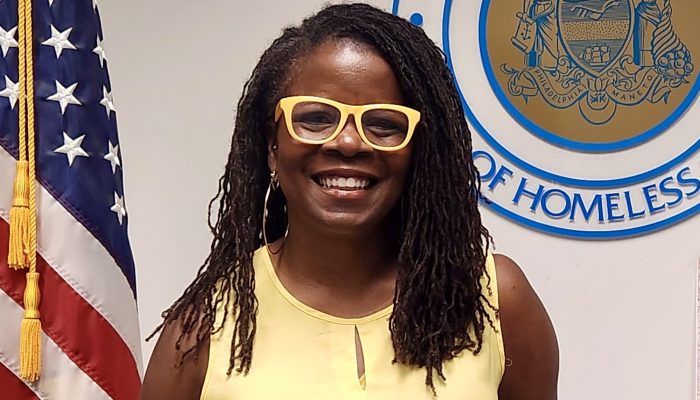Once a pilot program that effectively and compassionately closed four large encampments in the Kensington neighborhood, the City’s Encampment Resolution Program (ERP) is now fully operationalized and part of municipal government operations.
The City has already used the ERP in successful operations after the pilot program, including along Vine Street in January 2020. It is a methodical, uniform process that both saves and positively changes lives as well as protects the health, safety, and welfare of all Philadelphians, including Philadelphians experiencing homelessness.
It’s important for Philadelphians to learn what the ERP is, what the ERP isn’t, and how they can help.
The ERP provides compassionate, effective solutions and connects people to vital services, primarily housing and treatment.
People want to be helped, it’s a matter of listening to them to figure out what their individual needs are. So, the hallmark of the ERP is that the City leads with services first and foremost. Put another way, it’s a social service-led operation.
At the very end of the ERP, the City closes the encampment and prevents new ones from forming at the same site.
Being homeless is not a crime.
The ERP is not a police action; it is a social service-led operation spearheaded by homeless outreach teams, the Office of Homeless Services, social workers, nonprofit organizations, and medical and treatment providers. Other municipal agencies supporting the project range, depending on where an encampment is and its unique needs, from the Department of Parks and Recreation to the Streets Department and public safety agencies.
The ERP is a systematic, step-by-step process led by social services.
Across Philadelphia, homeless outreach teams have built relationships with people experiencing homelessness, in some cases for years. In the case of an encampment slated for closure under the ERP, outreach continues this practice along with creating a list of names of people sleeping in the area, the by-name list or BNL. Teams survey about what kind of help people might accept to come in.
Then, for the next 30 days, we work hard to connect them with services, visiting daily. After that, the City then permanently closes the encampment.
There is always a bed available for everyone in an encampment the ERP is closing.
We make sure each person on the by-name list has a bed waiting for them. Past experience shows us that most people will accept services. For those who don’t, we’ll continue to build relationships to connect them with services.
We will store personal belongings for free for at least 30 days.
We encourage people to take their belongings with them on the day of closure. People who need to store items will be able to access and retrieve their belongings from a convenient, nearby location.
There are a few commonsense exceptions to the City storing personal belongings. For example, the City will not store items that are a danger to public health or safety.
In other words, if you see something being thrown out, it was one of those dangerous items or it was abandoned or debris.
The City has a duty to protect the health, safety, and welfare of all Philadelphians.
The ERP saves and positively changes lives.
When the City closed four large encampments in Kensington, it provided a lifeline to vulnerable Philadelphians and reduced the street population. Today, more than a year after the last ERP pilot closure on January 31, 2019, the positive effects of the operation still reverberate.
More specifically, as of February 2020, of 299 people on the pilot program’s BNL:
- 201 or 67 percent accepted some form of supportive services, like case management, drug treatment, and other services.
- 179 or 60 percent connected to some form of housing, including shelter but also long-term housing by way of Permanent Supportive Housing units, recovery houses, family reunification, and other destinations. Of these:
- 75 or 42 percent connected to long-term housing.
- 152 or 85 percent connected to shelter.
Remarkably, also as of February 2020, 143 people or 48 percent of all people on the by-name list were still housed or in residential treatment programs and recovery houses.
Compared to other cities, this makes us a national leader in successful encampment resolution programs.
You can help.
To report criminal activity or situations that endanger public safety, please call 911 for police.
To request a homeless outreach team to visit and engage someone, please call 215-232-1984.
If you have questions about the ERP, please contact the Office of Homeless Services Communications Unit by calling 215-686-7175.
If you or your employer would like to support high impact programs providing homes to people experiencing homelessness and those who have experience in encampments, local business and hospitality industry leaders have created a private business fund called PHLCares. Learn more at PHLCares.com.




